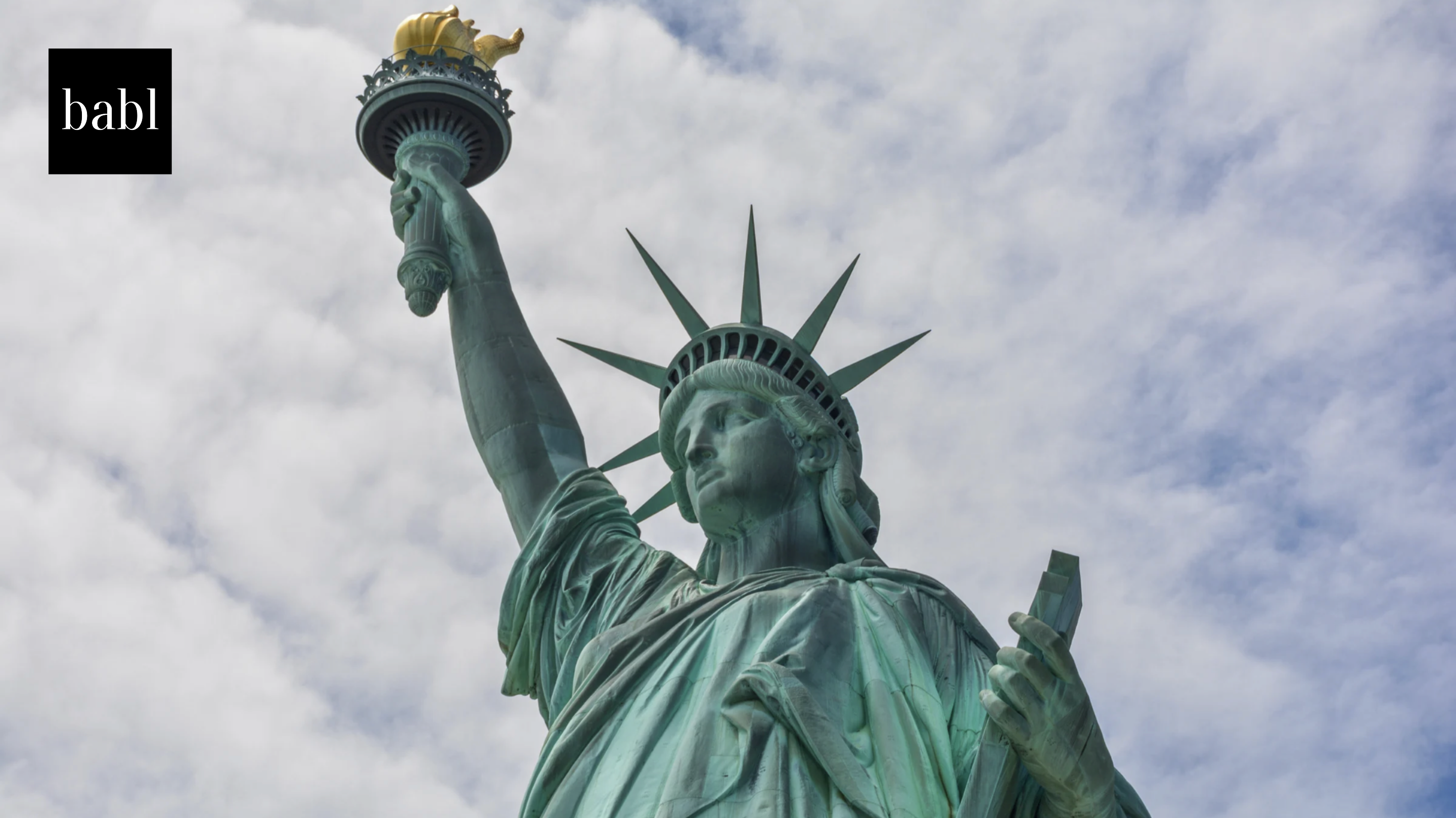UPDATE – JANUARY 2026:
The NYC Bias Law (Local Law 144) remains in effect, with independent bias audits required annually for companies using AEDTs in hiring and promotion. BABL AI now offers AEDT Bias Audits, model testing, and compliance guidance aligned with NYC’s evolving rules.
ORIGINAL NEWS STORY:
New York City is setting the pace in the United States regarding bias in AI-based hiring. Local Law 144, dubbed the NYC Bias Law, specifically addresses Automated Employment Decision Tools (AEDT). This legislation, enacted on July 5, 2023, resulted from amendments by the NYC Department of Consumer and Work Protection (DCWP), which issued a final ruling in April 2023, following the swearing-in of a new New York City Council in November 2021. The primary goal is to safeguard the rights of workers and citizens.
What the NYC Bias Law Covers: AEDT Compliance Requirements
Over the years, companies using AEDT have grappled with issues ranging from bias and invalid correlations to legal and ethical risks. For instance, during the early stages of the COVID-19 pandemic in March 2020, HireVue discontinued its facial analysis component due to accusations of bias and lack of transparency. Similarly, companies like Arctic Shores faced criticism from disability advocates for creating games that posed challenges for individuals with certain disabilities. More recently, a Massachusetts man filed a lawsuit against CVS over its AI interview process, once again implicating HireVue, adding to a growing list of companies employing potentially flawed AI systems.
How AEDT Tools Impact Hiring Decisions Under NYC Local Law 144
The NYC Bias Law specifically targets AEDT, described as a process that utilizes machine learning, data analytics, statistical modeling, or AI to generate scores, classifications, or recommendations. Essentially, it’s an AI-based tool automating assessments of job candidates. For example, an AEDT could analyze your application, focusing on key phrases and keywords to rank you against other candidates. However, it can go further, incorporating standardized tests, video interviews analyzing facial and speech patterns, and even assessments in games or images, as well as VR simulations of job tasks.
Independent Bias Audits: What Employers Must Know
Crucially, the NYC Bias Law mandates independent audits to determine AEDT compliance. An independent auditor is unbiased, objective, and has no affiliation with the company. This ensures the auditor was not involved in the AEDT’s creation, development, or distribution, has no ties to the employer or employment agency utilizing the AEDT, and holds no financial interest in these entities.
Need Help?
Want to know if your company needs a New York City Bias Audit done? If your organization uses tools such as HireVue, Pymetrics, or custom ML scoring systems, you may be subject to mandatory annual NYC AEDT bias audits. Contact BABL AI and one of their Audit Experts will be able to answer all your questions related to this regulation and more.





